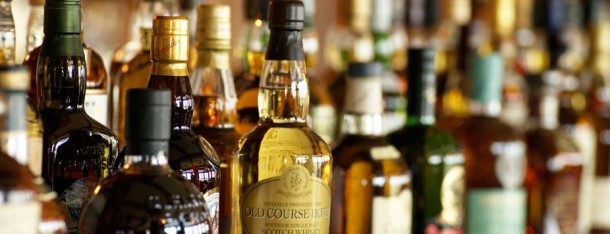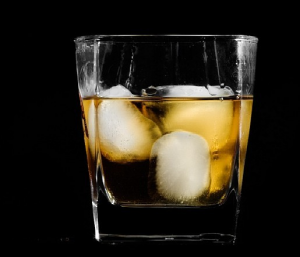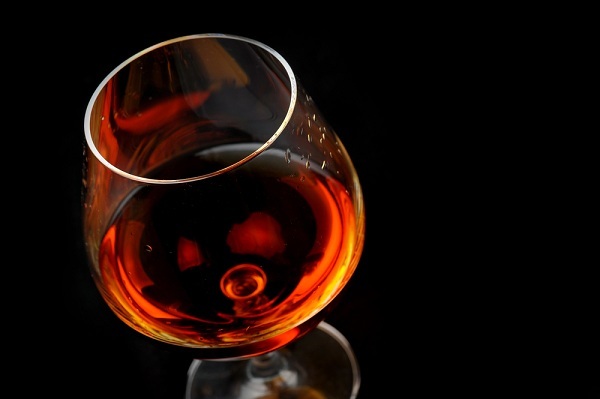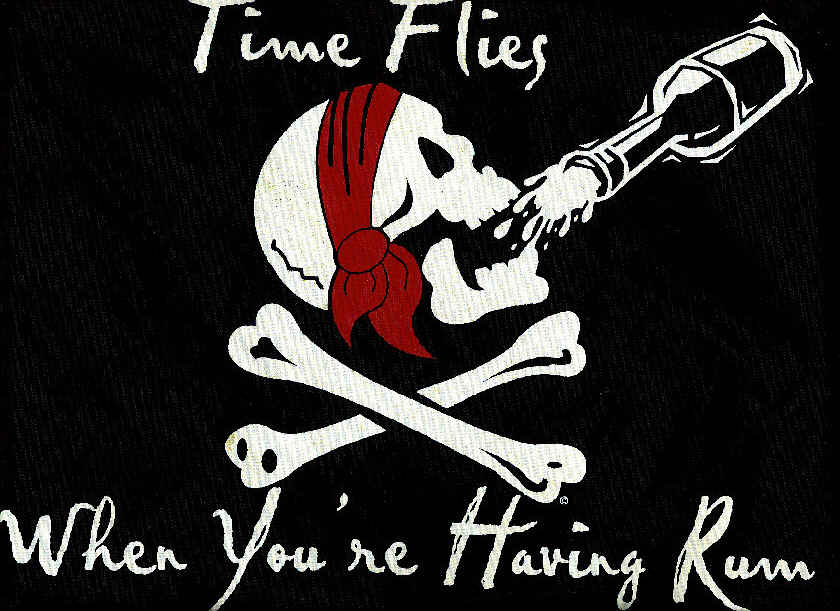The Water of Life

Typically, I prefer to be relevant to the season, its holidays and so on, when not writing about Arizona wines. That means Valentine’s Day in February. I debated on champagnes, maybe dessert wines for couples, or pairing fine wines with a romantic dinner. I’m single though, and Valentine’s is more like Singles Awareness Day for me. Plus, football season will have just ended and with it the addictive distraction of fantasy leagues and other such pastimes of the manly weekend warrior.
Take all of this together, and I’ve decided to scrap all things feminine or couples related and focus on one of those bastions of pure masculinity in the booze world, and talk about whisky!
The word whisky is believed to have come from the old Irish words “uisce beatha,” meaning “water of life.” With a bit of time, some lazy spoken word and a few quirks in translation to modern language, that was shortened and converted to the word “whisky.”
Most spirits in the world derive their name from some translation of the words water of life, so the background has a bit of foundation. When it comes to this particular water though, there are four major categories: Scotch, Irish Whisky, Bourbon, and Canadian Whisky.
Scotch
 Scotch is a barley malt based spirit produced in Scotland. It’s either a blended whisky, which means product was taken from several different distilleries and blended together or it’s a single malt, in which case all the spirit comes from one production distillery. Blended whiskeys are also allowed to use adjunct grain spirits such as wheat or rye in their blends, while single malts are pure barley. All Scotch must be aged for a minimum 3 years and 1 day in an oak cask in order to be called Scotch. Most distilleries will typically age product for 10 or more years though. Any Scotch with an age designation is required to use the age of the youngest Scotch in the blend as its stated age. Scotch comes from four principle regions: the Highlands, known for a wide range as it’s the largest area: the Lowlands, known for producing lighter flavored whiskies; Speyside, known for its spiciness and sweet flavors; and Islay, known for its heavy peat character.
Scotch is a barley malt based spirit produced in Scotland. It’s either a blended whisky, which means product was taken from several different distilleries and blended together or it’s a single malt, in which case all the spirit comes from one production distillery. Blended whiskeys are also allowed to use adjunct grain spirits such as wheat or rye in their blends, while single malts are pure barley. All Scotch must be aged for a minimum 3 years and 1 day in an oak cask in order to be called Scotch. Most distilleries will typically age product for 10 or more years though. Any Scotch with an age designation is required to use the age of the youngest Scotch in the blend as its stated age. Scotch comes from four principle regions: the Highlands, known for a wide range as it’s the largest area: the Lowlands, known for producing lighter flavored whiskies; Speyside, known for its spiciness and sweet flavors; and Islay, known for its heavy peat character.
Irish Whisky
The close cousin of Scotch is Irish whisky. The origins of the modern spirit come from here. Irish whiskies are usually distilled three times by pot still versus the two for Scotch, and the barley is rarely dried with peat smoke in the malting process. Irish Whiskeys must be aged in cask for at least 3 years. Irish whiskeys will usually be labeled as single malt, single grain, blended, or what’s called pure pot still which uses a combination of malted and raw barley in the mashing process, adding a unique spiciness. The flavor of Irish whisky tends to be lighter and crisper.
Bourbon
Bourbon is the great American whisky, although a few different classes of whisky exist in the United States. It’s named after Bourbon County in Kentucky. The name Bourbon comes from the long reigning kings of France. Bourbon refers to any American produced whisky so long as it meets minimum requirements. The first is that the grain bill must be at least 51% corn. The second is that the spirit must be aged in brand new charred oak barrels. There are also rules regarding proof strength in aging. Bourbon tends to be very rich and sweet compared to other whiskies.
Canadian Whisky
The final major class is Canadian whisky. These tend to be light and smooth in flavor. One of the main distinguishing features of Canadian whisky is the heavy use of malted rye as a grain source. Canadian whiskies must be aged a minimum of 3 years in small oak barrels, and be approved as having an aroma, taste, and character associated with Canadian whisky.
There are other regions that produce a grain based spirit that uses the name whisky, but these four are far and away the major classes. If you’re an aficionado, you’ll certainly find many variations on the standard types of whiskies I’ve mentioned, particularly in the types of wood used in aging, and the proof strength of the finished product. In the world of booze though, nothing says rugged and manly quite like a good whisky.
I think I’ll go have one, responsibly of course.




